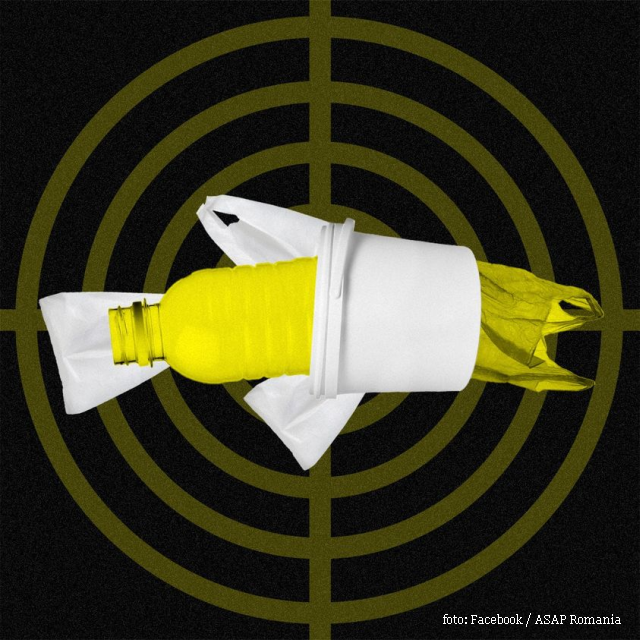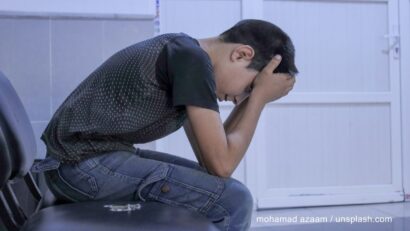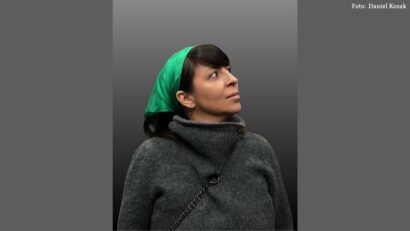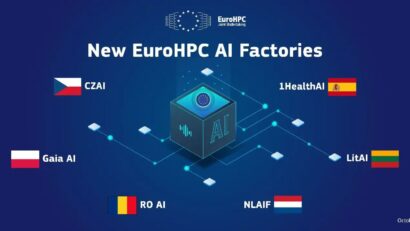Education for life in Romania
Awareness-raising projects for waste collection

Christine Leșcu, 27.10.2021, 14:00
Recent studies have revealed that, globally
speaking, the production of plastic will go up by 40% in the next decade. Plastic generates highly polluting waste,
so measures will have to be taken ASAP. In English, the acronym ASAP stands for
AS SOON AS POSSIBLE. The acronym has been transcoded into Romanian as a label for
a project meant to improve the selection of waste, and it goes like Armata Selectării Atente a Plasticului, in English, the Army of the Careful
Selection of Plastic. As of this year, The Army of the Careful
Selection of Plastic helps municipalities from across Romania to educate the
pupils as efficiently as they can, for the selective waste collection, to
create, in schools, the infrastructure which is required for that type of
collection, also seeking to provide the quality of the fraction-based
collection of waste, jointly with the sanitation services. By and large, combatting
pollution and the sustainable living influences us, especially in the future,
ASAP mainly targets the generations to come, which, anyway, are more open to
that kind of action. Andrei Bortun is the initiator of the Army of the Careful Selection
of Plastic.
Andrei Bortun:
We have noticed that so
far quite a few campaigns have also been carried, of communication and education,
which, by and large, tell the citizens and sometimes the younger public that it
is important to collect selectively. It’s just that in Romania, and for that particular
reason the country is faring rather poorly, there is no infrastructure capable
of meeting the needs of those who could be persuaded to have that type of behaviour.
And then, as long as our target public was made of teenagers and youngsters, we
examined the map of Romania and we saw there was an extraordinary network made
of Romania’s schools and high schools. There are around 19,000 educational
units, the
biggest possible collection infrastructure you can find in Romania countrywide.
Obviously, we were aware schools fall within the local administrations or municipalities,
whether we speak about the big cities or about villages. There’s something else
I should like to draw your attention to, the law compels the local authorities
to collect selectively and provide the required infrastructure for all that is
included in the state institutions, so it’s also about schools. Therefore,
legislation-wise, things were, and still are, very clear. Reason enough for
ASAP to try and provide all the pieces of information the local authorities may
need, legislative, financial, or related to the creation of the collection infrastructure,
so that each municipality may supply the schools under their administration
with the appropriate infrastructure.
The programme labelled ASAP kicked off in this year’s summer through a
pilot project run in 69 educational units in Bucharest’s 6th District. In three moths alone, the ASAP programme made
it possible for 450 kilograms of plastic to be collected. More than 6,000
kilograms of paper and more than 130,000 kilos of mixed waste were also collected,
as part of ASAP. Partnerships were signed later, with Bucharest’s Sectors
number 1, 2, and 3. The same goes for cities countrywide, such as Brașov, Constanța, Iași,
Arad, Sibiu, Târgu Mureș, Alba Iulia, Ploiești and Zalău. After the country’s
cities, the project will also target the rural areas, where the need is still
pending, for the already delayed selective collection of waste. Actually, the European
Commission has already fined Romania, heavily, for that particular reason, so
the ensuing penalties that are to be paid are huge. Considering its scope, the
project has henceforth been thought out to unfold for many years, while some of
its set targets are collateral.
Andrei Bortun:
We work with teenagers and youngsters. Research has
revealed they are quite willing to get involved, all the more so as they’re being
provided with the appropriate tools. Literature has also revealed that there is
a real chance for the adolescents who get involved in the project to initiate,
in turn, an undertaking of educating their own families, parents, and communities.
And for that particular reason, it is them that we have in mind and not another
category of the public. The results of the research studies have been confirmed
by the discussions we had with them. What is being confirmed lies not only with
the interest they have for that theme, we noticed there was something jittery about
them, in their attitude, which was also revolutionary and frustrated because
things around them do not happen in a more correct manner, and that not only as
regards waste collection. We do believe and hope that many of those who will
get involved in the project will become better citizens. ‘Cause we find it hard
to think that if they put the glass, the plastic and the paper waste in
recipients of different colors they will remain indifferent to what abusive
logging entails, or that they won’t be voting when they are summoned to vote
and suchlike. For that particular reason, it is important to have a project we’ve
thought out longer term and not just some specific actions since we’re fortunate
enough to have a bunch of youngsters who want to get involved in change-triggering
projects.
One of the directions of the
projects lies with the analysis of the waste that has already been collected,
to make sure they don’t get mixed up and the wet-dry separate waste fractions
collection is being observed. To that end, ASAP has initiated a partnership
with Green Point Management, a company implementing projects targeting the producers’
extended responsibility.
Green Point Management Deputy Chief Executive Officer
Andrei Dinescu:
We
found out that waste composition determination is more than welcome. What does composition
determination mean? It is a procedure based on existing standards and actually
means collecting the waste from those schools, carrying them onto a specially-arranged
platform, where our specialists divided them according to types and fractions.
That was important, as we could thus see how much recyclable waste was lost into
the so-called municipal waste as no selective collection is being made. We were
astounded to realize that as much as 40% of the so-called municipal waste was
in fact recyclable, had it been collected selectively. Normally, it would have
reached a factory and would have returned in other produce, instead of ending
up in the landfill.
Given such a high percentage,
standing at 40%, of the mix of the municipal waste with the recyclable one, it
is not about happenstance or an accident, it is about the lack of the selection
infrastructure in the apartment blocks, districts or institutions, but also
about educating people to that end, which is something that hasn’t been done.
Deputy Chief Executive officer Andrei Dinescu:
This educating process needs to be supported longer term. But the
very moment you tell people why they should collect selectively and how to collect
selectively, people need to have the selective collection infrastructure at
their fingertips. Considering all our previous
projects, we realized the former cannot exist without the latter. My personal
opinion is that Romania has reached the point where real steps need to be taken to that effect. We are an EU member state and we have certain responsibilities
towards the others, but, first of all, towards ourselves. Educating, raising
awareness and making the infrastructure available are obligations. Municipalities
have access to funding, to that end. Also, the sanitation departments know what
their job is. It’s just that they need to be taken into account and mobilized. The
population is prepared as well. We see more and more people holding us to
account, to that effect, these are the people who also hold municipalities
accountable. I honestly believe that a nationwide educational and
awareness-raising project is the most useful thing.
For this awareness-raising
campaign, ASAP concluded partnerships with the aforementioned municipalities,
but also with the Environment, Waters and Forests Ministry, as well as with the
National Council of Pupils.
(Translated by Eugen Nasta)






























